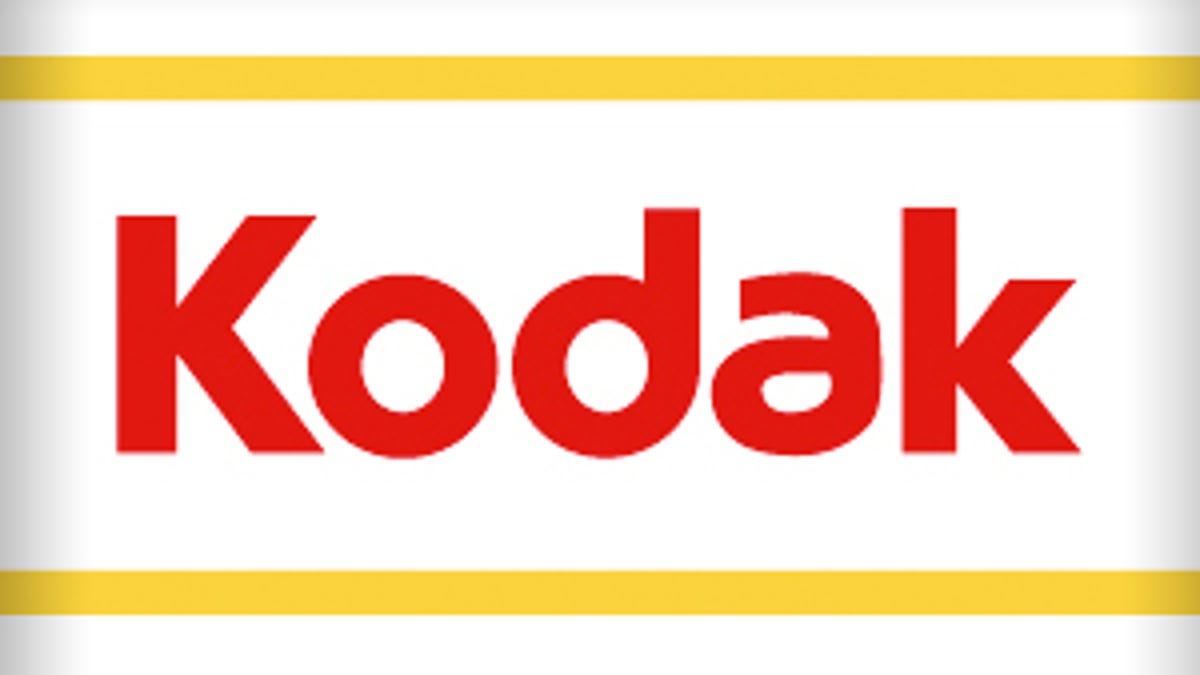End of an era: Kodak discontinues camera business
The photography pioneer says that its digital cameras, pocket video cameras, and digital picture frames will be phased out entirely in the first half of 2012.

Eastman Kodak stunned the world today, announcing that it has put an end to its camera business.
By the end of June, Kodak expects to phase out its digital cameras, pocket video cameras, and digital picture frames, the company announced today. The company plans to focus heavily on its current brand licensing and on attracting companies that might need some of its patents. Kodak will still offer its online Kodak Gallery service and retail-based photo printing. Its inkjet printers will also remain on store shelves.
"For some time, Kodak's strategy has been to improve margins in the capture device business by narrowing our participation in terms of product portfolio, geographies and retail outlets," Kodak Consumer Business president Pradeep Jotwani said today in a statement. "Today's announcement is the logical extension of that process, given our analysis of the industry trends."
Kodak was a pioneer in the camera business, bringing handheld cameras to consumers well over a century ago. Through much of the 1900s, the company was a leader in imaging technology. However, as competitors joined the fray in the digital camera space and offered up dramatically more-appealing devices, Kodak started to fall behind. And with smartphones, like the iPhone, becoming a desired way for consumers to snap quick photos, demand for a Kodak device slumped.
Despite its best efforts to turn things around, Kodak last month filed for Chapter 11 bankruptcy protection. The company hopes to emerge from bankruptcy next year, and has secured $950 million in debtor-in-possession financing to get it through the process.
Kodak's new licensing focus isn't much of a surprise. The company currently holds over 1,000 digital imaging patents, and an increasing number of companies are looking for access to them. For those companies that don't want to play nice--in Kodak's mind--the company has used lawsuits to ensure they fall in line.

